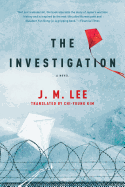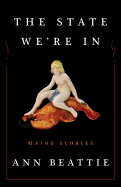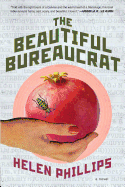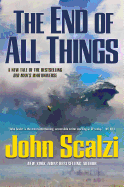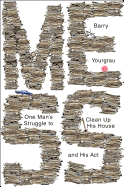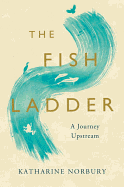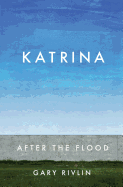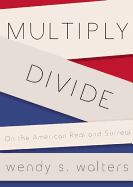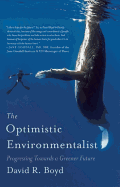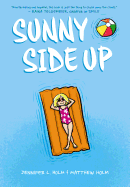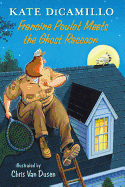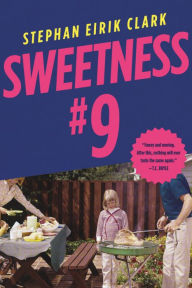 Sweetness #9 by Stephan Eirik Clark (Back Bay, $15)
Sweetness #9 by Stephan Eirik Clark (Back Bay, $15)
Stephan Eirik Clark's first novel is a satirical, darkly comic look at the artificial-flavoring industry and the ludicrous trials of an American family man at the center of it all. It riffs neatly on a national paranoia, but grains of truth act to ground Clark's elements of the ridiculous.
Dear Daughter by Elizabeth Little (Penguin, $16)
When Dear Daughter begins, Janie is fresh out of prison after serving 10 years for the murder of her wealthy socialite mother, released on a tampered-DNA-evidence appeal. Although fuzzy about what happened the night of the crime, Janie is convinced of her innocence and determined to prove it.
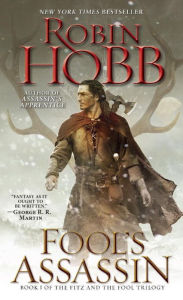 Fool's Assassin by Robin Hobb (Del Rey, $8.99)
Fool's Assassin by Robin Hobb (Del Rey, $8.99)
Fans of Robin Hobb's Farseer trilogy can rejoice over this related series centered on FitzChivalry Farseer and his elusive mentor, the Fool. Filled with rich details of manor life and herbal lore, coupled with powerful magic, new characters and old friends, Fitz's escapades will resonate deeply with readers already acquainted with the assassin.
The Long Way Home by Louise Penny (Minotaur, $15.99)
Armand Gamache, former chief inspector of homicide for the Sûreté du Québec, has retired. Scarred (both emotionally and physically) by the past, Gamache is hoping for peaceful days with his wife, Reine-Marie, in the tiny village of Three Pines. But Clara Morrow, close friend of the Gamaches, is agonizing over her missing husband, Peter.
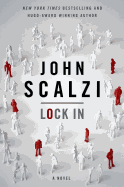 Lock In by John Scalzi (Tor, $8.99)
Lock In by John Scalzi (Tor, $8.99)
Haden's syndrome results from a common virus that can, in 1% of the cases, "lock in" its victims, leaving them conscious and aware in a body that can no longer move or respond at all. John Scalzi again proves his facility with both world building and character, this time in a near-future tale heavily influenced by police-procedural fiction and speculation into human-computer interface technology.
Nonfiction
Doctored: The Disillusionment of an American Physician by Sandeep Jauhar (Farrar, Straus & Giroux, $15)
Doctored is Sandeep Jauhar's story of his first five years of practice as a cardiologist at a large teaching hospital. In precise, observant writing, Jauhar offers an unsettling portrait of the state of American medicine today, with many vivid accounts of encounters with patients and colleagues, illustrating the high-stakes ethical and professional decisions physicians face daily.
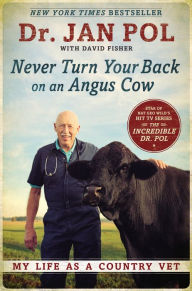 Never Turn Your Back on an Angus Cow: My Life as a Country Vet by Jan Pol and David Fisher (Gotham, $17)
Never Turn Your Back on an Angus Cow: My Life as a Country Vet by Jan Pol and David Fisher (Gotham, $17)
Fans of Nat Geo Wild's reality show The Incredible Dr. Pol will immediately recognize the septuagenarian vet's droll wit and matter-of-fact approach in Never Turn Your Back on an Angus Cow. Grittier than James Herriot, this no-nonsense doctor fills his memoir with his distinct, offbeat perspective on life.
Infidel Kings and Unholy Warriors: Faith, Power, and Violence in the Age of Crusade and Jihad by Brian A. Catlos (Farrar, Straus & Giroux, $16)
Religious historian Brian A. Catlos addresses the shifting political, economic and religious alliances of the Mediterranean world from 1050 to 1200. Infidel Kings and Unholy Warriors is a fascinating and complex account of diversity, collaboration and conflict in the period when medieval Christianity met the Islamic golden age.
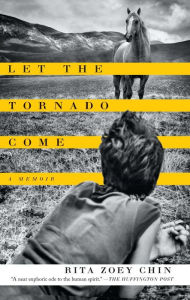 Let the Tornado Come by Rita Zoey Chin (Simon & Schuster, $15.99)
Let the Tornado Come by Rita Zoey Chin (Simon & Schuster, $15.99)
Rita Zoey Chin's beautifully written memoir recounts her childhood as an abused runaway and her troubled adult life on the streets. Still, she managed to overcome her past, earn a degree, and become a wife and successful poet. But debilitating panic attacks threatened to upset all she'd achieved, until she met a horse named Claret who helped her to heal.
Against Football: One Fan's Reluctant Manifesto by Steve Almond (Melville House, $15.95)
Those who don't care for the U.S.'s favorite fall sport might be inclined to pick up Steve Almond's Against Football, looking for validation of their position. Those who love the sport may be drawn in by its subtitle, One Fan's Reluctant Manifesto, for similar reasons. Almond's power lies in his ability to speak to both readers.
Burnt Toast Makes You Sing Good: A Memoir of Food and Love from an American Midwest Family by Kathleen Flinn (Penguin, $16)
The youngest of five children, Kathleen Flinn grew up in a world of weekend hunting trips, summer fishing vacations and cinnamon rolls for birthday breakfasts. In her third memoir, she tells her family's story through food, from her great-grandmother Anna's hearty Swedish recipes to her uncle Clarence's cornflake-crusted fried chicken.
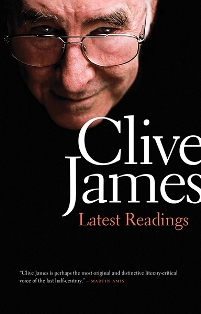 In a chapter titled "Novels in Sequence," James touches upon Edward St. Aubyns, Anthony Powell, Marcel Proust, Evelyn Waugh, Paul Scott and Lawrence Durrell. But he saves his highest superlatives for Olivia Manning's Balkan and Levant trilogies: "Beyond the scope of any camera, the writing gives us the rich depth of the exotic settings.... Manning is still not getting the attention she deserves. She deserves something better than mere fame. She needs her reputation raised to the level of unarguable fact."
In a chapter titled "Novels in Sequence," James touches upon Edward St. Aubyns, Anthony Powell, Marcel Proust, Evelyn Waugh, Paul Scott and Lawrence Durrell. But he saves his highest superlatives for Olivia Manning's Balkan and Levant trilogies: "Beyond the scope of any camera, the writing gives us the rich depth of the exotic settings.... Manning is still not getting the attention she deserves. She deserves something better than mere fame. She needs her reputation raised to the level of unarguable fact." 



 Fool's Assassin
Fool's Assassin Lock In
Lock In Never Turn Your Back on an Angus Cow: My Life as a Country Vet
Never Turn Your Back on an Angus Cow: My Life as a Country Vet Let the Tornado Come by Rita Zoey Chin (Simon & Schuster, $15.99)
Let the Tornado Come by Rita Zoey Chin (Simon & Schuster, $15.99)